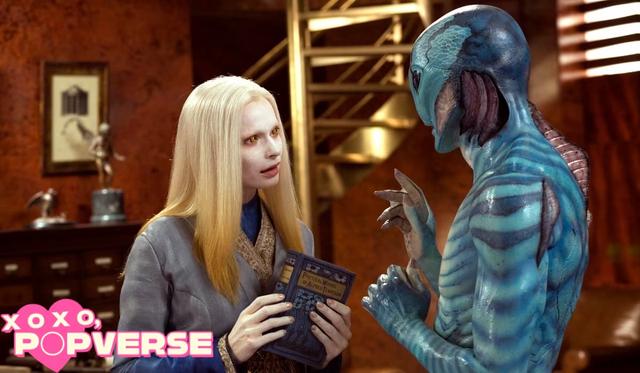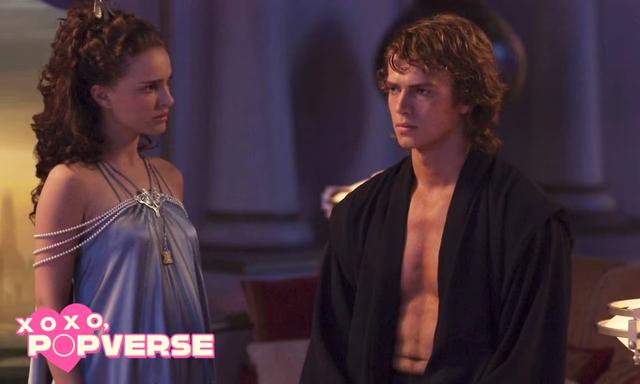If you click on a link and make a purchase we may receive a small commission. Read our editorial policy.
The real story behind the X-Men's Outback Australian era - why it began, and why it ended too soon
Chris Claremont explains the reasoning behind taking the X-Men down under.

Writer Chris Claremont recently shed some light on the origins of a beloved era of X-Men comics.
Asked a question during one of his panels at the Uncanny Experience X-Men fan convention in Minneapolis, Claremont - who chronicled the adventures of the X-Men for over 15 years - offered some insight into his motivations for moving the X-Men to Australia for a period of time in the late '80s.
Starting with Uncanny X-Men #229 (cover date May 1988), Claremont and penciller Marc Silvestri kicked off a new era for the X-Men. With the world believing the X-Men to have died in battle with the mystical Adversary, the heroes arrive in Australia and proceed to kick a band of cybernetic thugs and thieves called the Reavers out of their base of operations in an abandoned Outback town, claiming it for themselves. In doing so, Claremont and Silvestri bring to an end a long run in which the X-Men operated out of their traditional X-Mansion base of operations, a run which stretches (with a few periodic exceptions) all the way back to the team's debut in 1963. Starting in 1988 and running through 1990, the X-Men, aided by the indigenous teleporter Gateway, strike on behalf of mutants everywhere from their new Australian base.
The resultant stories, including the introduction of the mutant apartheid nation of Genosha, the summer crossover event 'Inferno', and Psylocke's Jim Lee-drawn transformation into a ninja assassin, are often quirkier and/or darker than previous ones, and remain amongst many fans' favorites. The 'Outback Era' of X-Men continues to be a beloved era for many.

At the Uncanny Experience (an immersive fan event designed to help attendees feel like they've been enrolled in Professor Xavier's School for Gifted Youngsters), Claremont took on the guise of a visiting professor for two 'classroom' panels on mutant history. In them, he offered a quasi in-universe perspective on his ideas about the relationship between humans and mutants and the larger themes of the X-Men in the stories he wrote. During a Q&A session towards the end of one of those classes, Claremont — who wrote all of the X-Men's Australian adventures — offered some insight into his thought process for sending the X-Men down under.
When asked why he sent the X-Men to Australia, he responded, "because it's really cool." Following a round of cheers and applause from the crowd, he added that he wanted the X-Men to go, "as far from anywhere as it is humanly possible to go and still remain on the planet" and also, with a shrug, "I had had family there."
Claremont went on to speak fondly of that era, saying, "I wish we could have stayed another 10 years there. Marvel kept saying, 'you've got to get them back.'" He then compared Marvel's urging to end the Outback Era to another change he made to the status quo around the same time.
"Making Magneto a hero," Claremont said, "I so thought that was the right thing to do, and Marvel so disagreed."
Claremont then laughed. "And guess who won that one?"
Marvel shifts gears and begins what could be the biggest X-Men effort in decades.
Follow Popverse for upcoming event coverage and news
Find out how we conduct our review by reading our review policy
Let Popverse be your tour guide through the wilderness of pop culture
Sign in and let us help you find your new favorite thing.
















Comments
Want to join the discussion? Please activate your account first.
Visit Reedpop ID if you need to resend the confirmation email.